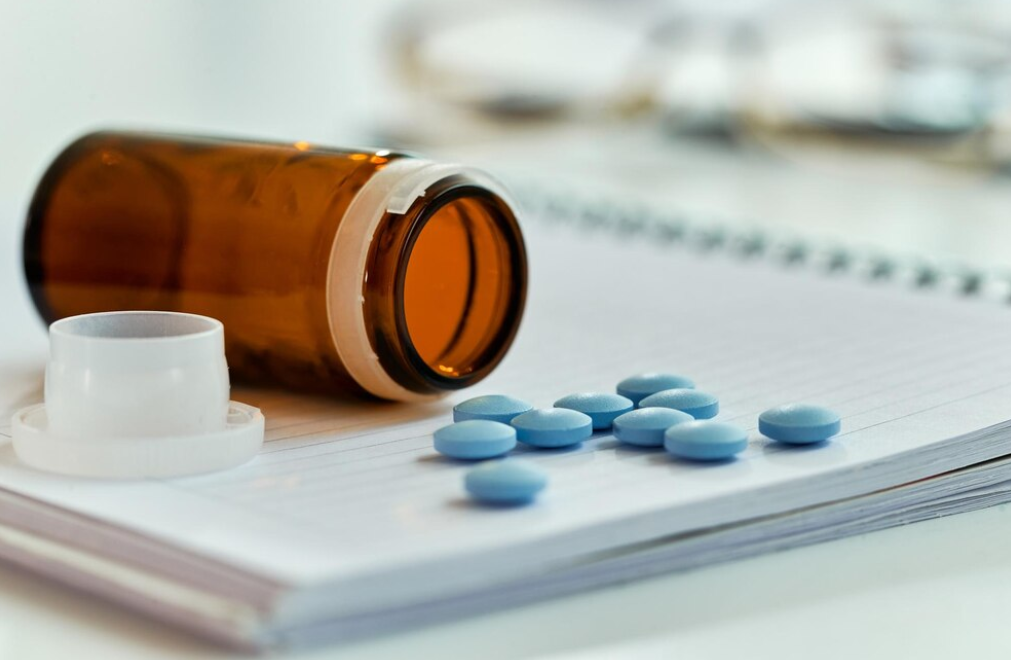Generic medications are crucial in providing affordable and accessible healthcare solutions to many patients. Despite their proven efficacy and cost-effectiveness, several common myths and misconceptions surround them. Dismissing these myths is essential to ensure that individuals make informed decisions about their healthcare. In this blog, we will address some of the common misconceptions associated with generic medications and discuss the realities that surround them.
Generic Drugs are Less Effective than Brand-name Drugs
Understanding that generic drugs are less effective than their brand-name counterparts is a common misconception that often comes from a lack of understanding of the regulatory processes and requirements for generic drug approval. It is crucial to highlight that generic medications undergo rigorous testing and inspection to ensure they are just as effective as brand-name drugs.
Not Branded Means Inferior Quality
Generic medications undergo a comprehensive evaluation process to ensure they meet the same strict criteria for safety, efficacy, and quality as brand-name drugs. Regulatory authorities, such as the U.S. Food and Drug Administration (FDA), enforce strict manufacturing practices, regularly inspecting facilities to guarantee adherence to established standards.
Further, generic drugs contain identical active ingredients and undergo thorough testing to demonstrate bioequivalence, assuring their therapeutic effects are equivalent to brand-name drugs. Moreover, a generic pharmacy store sells generic medicines because they are a safe and cost-effective alternative to brand name drugs.
They Take Longer to Work in the Body
The concept that generic drugs take longer to work in the body is a misconception that overlooks the regulatory processes governing the approval of generic medications. Generic drugs are required to demonstrate bioequivalence to their brand-name counterparts, ensuring that they have the exact onset of action.
Bioequivalence studies conducted by regulatory agencies, such as the U.S. Food and Drug Administration (FDA), compare the absorption, distribution, and elimination of the generic drug to the original formulation. As a result, patients can trust that generic drugs perform comparably to brand-name drugs and provide the intended therapeutic effects in a similar period.
Switching Between Generic and brand-name drugs is Unsafe
Patients may hesitate to switch between generic and brand-name drugs due to concerns about safety and efficacy. However, regulatory agencies ensure that generic drugs undergo rigorous testing to demonstrate their bioequivalence to brand-name drugs. Generic drugs deliver the same therapeutic effects as the original medication and can be safely substituted. Healthcare professionals routinely prescribe generic and brand-name drugs based on patient needs and cost considerations.
However, when switching between generic and brand-name versions, it is crucial to do so under the guidance of a healthcare professional who can monitor the transition and ensure the patient’s safety. This careful and supervised switching is generally considered safe, allowing patients to benefit from more affordable options without compromising the effectiveness or safety of their medication.
Generic Drugs can Cause Side Effects
Medications that are not manufactured by pharmaceutical giants undergo rigorous testing to show their bioequivalence to brand-name drugs, ensuring they have the same active ingredients, strength, and therapeutic effects. Regulatory agencies, such as the FDA, set strict standards to guarantee the safety and efficacy of generic drugs, and any approved generic undergoes thorough evaluation before reaching the market.
Any observed side effects are consistent with those associated with the original medication. Or they are generally due to individual variations in response rather than essential issues with the generic version.
Final Words
Debunking these common myths surrounding generic medications brings clarity, provide evidence and explanations to these misconceptions, and promote a better understanding of the role and value of generic drugs in the healthcare industry. It can help individuals make informed choices about their healthcare, promoting access to affordable and effective treatment options.
So, if you are considering buying generic drugs, leave worries aside and book an appointment in a generic drug pharmacy today. Well-trained pharmacists will create a generic drug plan customized just for you.






